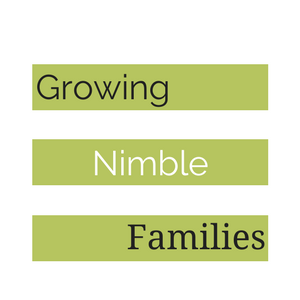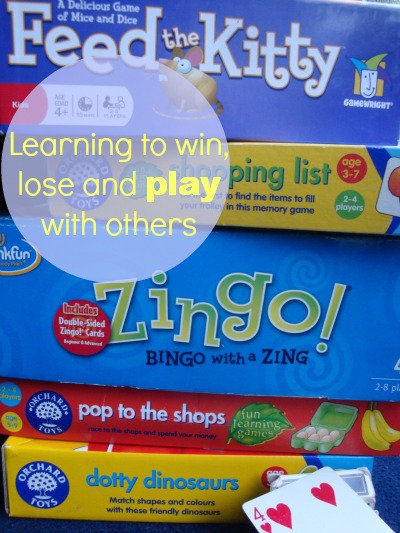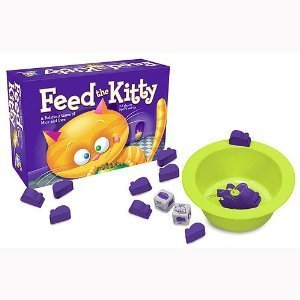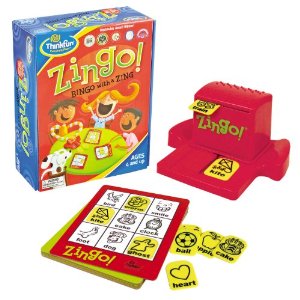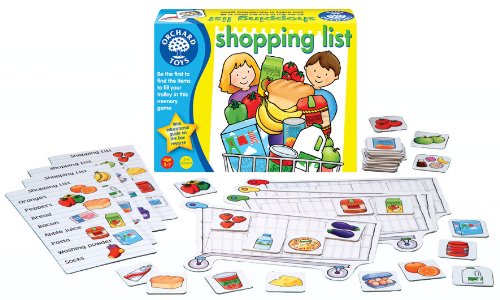I’ve come to expect the 3 Ts when we play board games or turn taking games.
Yes we will have happiness, smiles, happy dances but we will also have tears, tantrums and teaching moments.
The first two options were never an incentive to start a board game especially if everything is running smoothly. However, it wasn’t until well into my second son that I realised that teachable moments happened all the way through.
I did like most and bought the games, lost some of the pieces and a fair bit of refereeing, coaching and consoling. It was hard work because I really came at it from the wrong angle. Kids want to play together but we really need to teach them how which means the game will be longer, full of breaks, lots of repetition and stops. When you realise this- game play takes on a whole new meaning,
Rules
Rules are made to be broken. We bought an Olympic 2012 Monopoly edition and settled down for some family play. It was interesting to see within a few rolls of the dice how each of us had our own versions of the rules.
I was sure when you got taxed the money went into the middle of the board and if you got on free parking you got it all. No matter how much I argued, my husband checked the rules- online and that rule wasn’t there. Yet for years, this is how my cousins and I played along with other rules.
Establishing rules for this particular game is a crucial step with a multi aged family. When the 4 year old plays a game we make sure we all know the rules and how we bend a little to help him understand the game.
Winning
What are we all comfortable with to do when we win. High fives? Murmurs of ” Good game”, victory dances? What will you establish as right for your family? With us there to see we get to have an input in whether it’s a good winning formula.
Losing
How to respond when you lose is probably the hardest area. Is it for you? When you’re sad, embarrassed, frustrated or confused it really doesn’t help if your sibling is gloating without reservation. Yet it’s right that they are thrilled to be a winner. Throwing the board or stomping off often requires the tact of the diplomat but with us there we can use this time to anticipate, remind everyone of how we respond and what we can do. Then allow the action to play out.
Allowing them to lose
Play games with random chance so everyone has the chance to win. We need them to react to winning and losing at home with us so we can model how to do it. We can point out emotions on a sibling so they learn to recognise sadness and disappointment. Plus they need to negotiate the area of while I may feel okay, they might not want to play with me right now or be having a hard time dealing with emotions, I’m not feeling. It’s a pretty complex time and when we are there we can guide them through some of this.
Playing older games
Encourage younger children to play with the adult. If we’re playing a card game we split the pile between the adult and the younger child. The adult plays with the other siblings and the youngest can dip in and out with their cards. Gradually they will join in more depending on the game. They are free to come and go without it interrupting the game. It’s also how they learn turn taking.
Here are some games our under 5s children love
More turn taking games
Learning to share & take turns
Playing games is one of the nicest activities but can quickly turn into something else. Often a little trial and error to find the right type of game pays off really well. Have a selection of games helps with the repetitive and mundane nature of games. It’s all about the teachable moments and less tantrums and tears.
How do you celebrate a win? How do you coach a lose? Would love to hear your response
